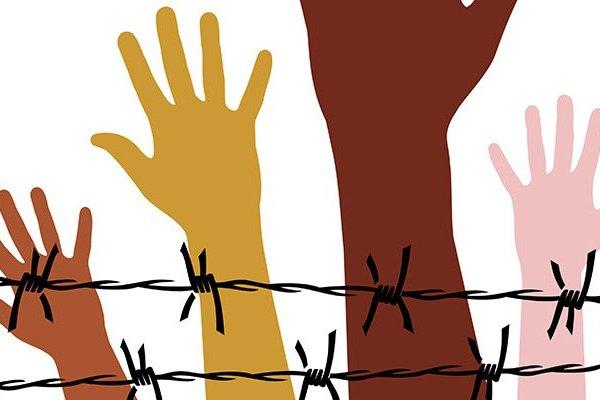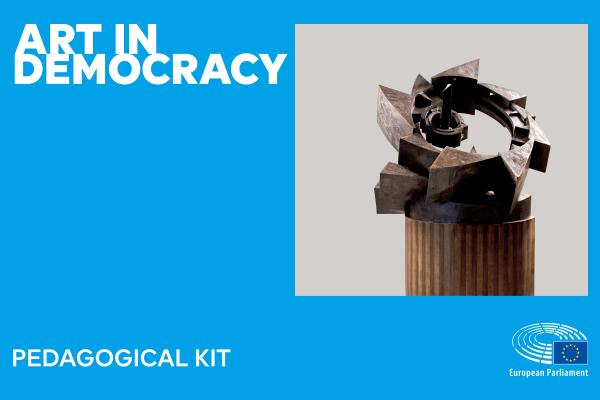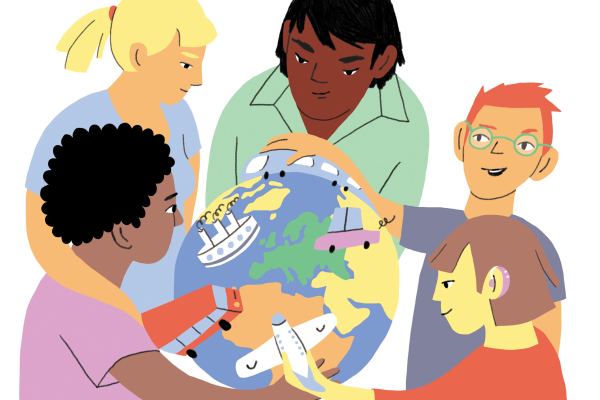- Age groups
- Ages 12 to 15
- Topics
- Type of material

This theme sets out to investigate some of the most prominent categories contained under the broad definition of human rights, and assesses the links and clashes between rights and responsibilities. European and global contemporary and historical examples will be used to guide learners through an exploration of the topic prompting them to consider their responses to complex ethical scenarios. Areas to be covered will include respect for other peoples’ rights, conflict between cultural practices and human rights, and whether the removal of rights in certain situations can ever be justified.
On the same topic

Whatever you’re looking for, there is something for you happening at the European Parliament - and everyone is invited.

What is the rule of law? What does it have to do with sports? How can art help to explain abstract concepts? Discover our series of 6 animations that will help you understand what the rule of law is about… while having fun! The animations are available in all EU languages.

This pedagogical kit aims to provide educators with practical guidance for the exhibition Art in Democracy.

An interactive and fun learning guide for children aged 9-13 to become Democracy Champions and make a difference in their school or community.

This toolkit has been developed for primary school teachers and primary school young learners (6-7 years old). It aims to support teachers to organise discussions in the classroom to effectively address gender stereotypes, based on the example of the transport sector.

This toolkit has been developed for secondary school teachers and secondary school young learners (14–15 years old). It aims to support teachers to organise discussions in the classroom to effectively address gender stereotypes, based on the example of the transport sector.

Gender stereotypes are deeply ingrained in our culture and are a root cause of gender inequalities. That is why it is important to question them. Find out about the EU campaign #EndGenderStereotypes and use its materials in the classroom! The campaign is available in all EU languages.

In 2018, the European Union celebrated the 50th anniversary of the EU Customs Union.
